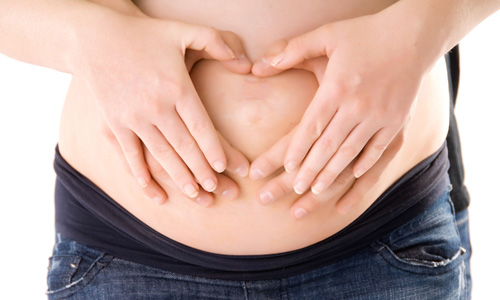Pregnancy Do’s and Don’ts

Everyone is different. Our bodies are different, and so are our genes. What we have here are some of the basic things you should watch out for while you are pregnant. But the key is to be one with your own body and know what is more suitable for your body type. For specialized issues, we have doctors. Here are some tried and tested do’s and don’t s for all you pregnant or to-be pregnant ladies out there.
Do’s of Pregnancy
Eat right
Sounds like something straight from a diet book, but if there ever was a time to eat right, this is it! What you eat is what your unborn child is eating. Avoid eating raw, uncooked meats and assert caution when you feel like eating cheese. Eat lots of fruits and veggies, extra lean meats, foods full of protein, iron-rich foods, and foods which are good sources of calcium. These are just a few but the key is to maintain a healthy diet, Make every bite count.
Exercise
Moderate exercise is recommended for most women during pregnancy. Many of us find that the right kind of exercise helps us deal with the downsides of pregnancy. Stay away from high impact exercise, contact sports, diving, high altitude training, or anything that demands a high level of physical exertion. Doing the wrong thing can be very damaging. Don’t jump on to anything new without consulting your doctor. But, the right dosage of exercise is surely beneficial.
Gain healthy amount of weight
It surely takes extra nutrition to make a healthy baby. If your weight levels pre-pregnancy are normal, a gain of 25 to 35 pounds is ideal. If you are already overweight prior to pregnancy, you may want to restrict your gain within a range of 15 to 25 pounds. Optimum weight gain is an individual matter, depending on body type. But it is a fact that you will need to increase the consumption of calories, nutrition and other essential diet elements. So, plan your diet and be prepared for a healthy weight gain.
Reduce caffeine intake
Caffeine is a stimulant. It increases your blood pressure and your heart rate. This is not recommended during pregnancy. Caffeine may directly affect your baby’s developing cells. Caffeine is not only found in coffee but also in chocolate, soda, or some over-the-counter medicines. “How much caffeine is too much?”. Researchers suggest restricting caffeine intakes below between 150 mg and 300 mg a day. The less you consume, the better. If you must get a fix, consult with your healthcare provider to make the most appropriate choice for you and your baby.
Get enough fluids
Increase your intake of fluids – good hydration is extremely important during pregnancy! Lack of water can cause preterm labor, miscarriage, constipation and fatigue. Adequate water is also important for breast milk production and flow. Typically, 8 to 12 glasses of water is recommended daily. We often don’t feel thirsty until we are already dehydrated. So make an active effort to increase fluid consumption. You can make it interesting by filling a pitcher full of your favorite juice.





